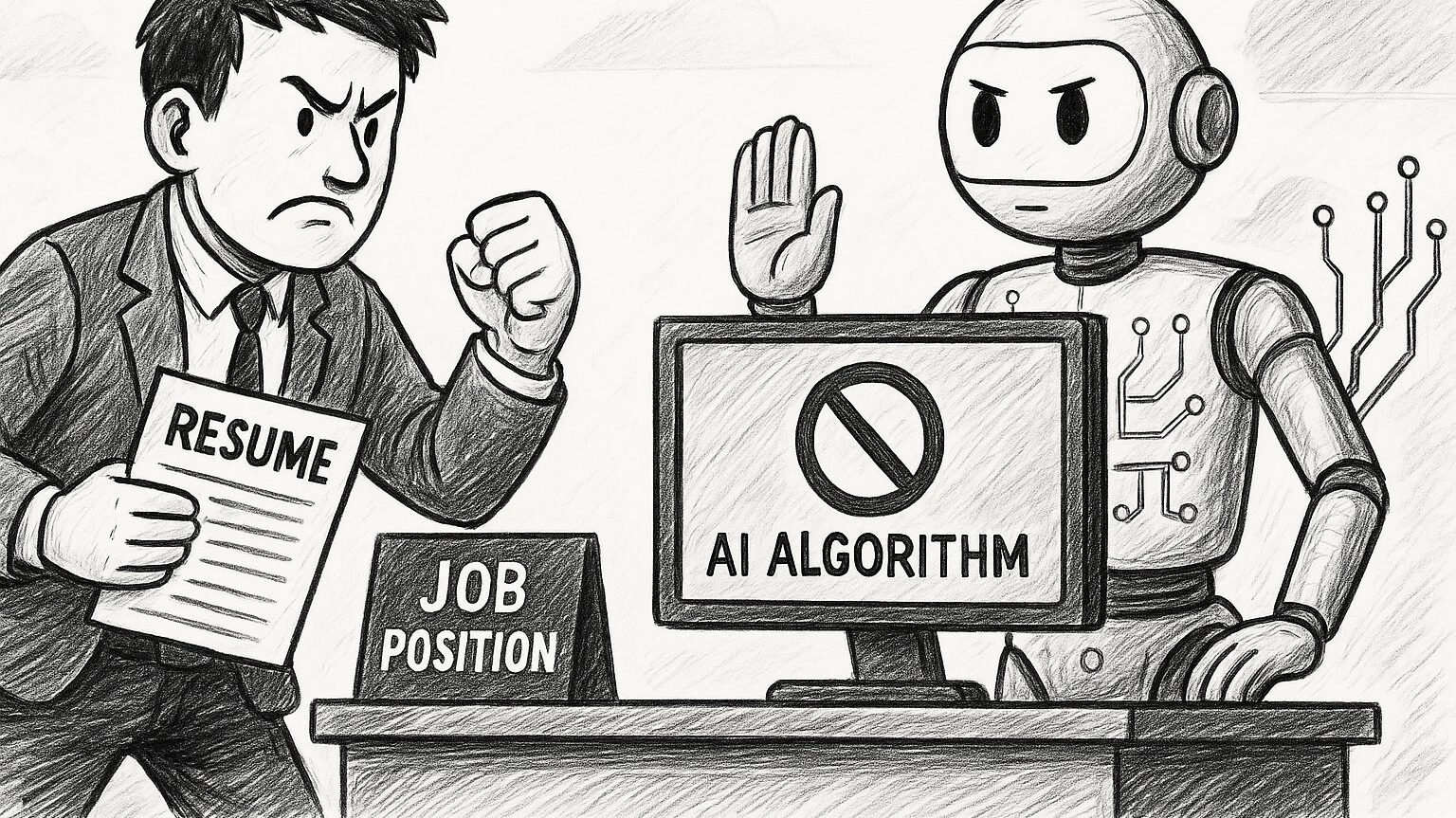
If you’ve ever sent out dozens of applications and heard nothing back, you’re not imagining it—technology may be deciding your fate before a recruiter even opens your résumé. Welcome to the age of AI-powered hiring, where algorithms and data play a powerful, and often invisible, role in shaping career opportunities.
The Invisible Gatekeepers: How AI Screens Candidates
Modern hiring platforms don’t just collect résumés. They parse formatting, scan social media profiles, score personality traits, and even analyze facial expressions during video interviews. This process—called datafication—reduces a candidate to a collection of metrics meant to predict “fit.”
Consider Aisha, a qualified data analyst who applied to more than 60 roles. Despite her strong credentials, her résumé formatting confused automated systems. The result? She never made it past the algorithmic filter. A silent system decided she wasn’t worth a closer look.
Who Decides What Matters?
AI systems don’t invent hiring criteria out of thin air. They are trained on historical data—data shaped by human choices, biases, and systemic inequality. As Kate Crawford’s Atlas of AI highlights, these tools reflect the values of those who build them. When algorithms learn from past hiring practices, they often replicate existing disparities rather than eliminate them【Crawford, 2021】
The Power Imbalance
Employers and tech platforms sit firmly in control. They decide what data is collected, how it’s analyzed, and how it influences hiring decisions. Job seekers, by contrast, often have no visibility into what’s being measured—or why. Legal scholar Frank Pasquale, in The Black Box Society, warns that this opacity effectively locks candidates out of the very systems that judge them【Pasquale, 2015】.
When AI Gets It Wrong
Research shows that AI hiring tools can discriminate across gender, race, and even location. Some job ads are designed to exclude women or older applicants. Others misinterpret names from non-Western cultures, filtering out qualified candidates before a recruiter ever sees them. These aren’t minor glitches—they’re symptoms of deeper structural flaws in the way hiring tech is designed and deployed【Raghavan et al., 2020】.
New Rules, Same Problems?
California’s upcoming employment AI regulation, effective October 2025, requires companies to test their hiring algorithms for fairness and grants candidates the right to know how automated decisions are made. While promising, enforcement and public awareness will be key. Without them, the power imbalance may persist【California Civil Rights Department, 2025】.
What Job Seekers Can Do
Although the system isn’t fully fair, candidates do have options:
Request your data: Regulations like GDPR allow you to ask employers what data they hold on you—and request its deletion.
Opt out: You can revoke consent and ask companies to stop processing your personal data.
Stay informed: Learn how platforms use your information and adjust what you choose to share.
Support accountability: Join efforts that push for transparency and fairness in hiring technology.
The Bigger Picture
The future of job searching isn’t just about landing interviews—it’s about understanding who sets the terms of the process. AI can make hiring more efficient, but only if it’s developed and governed responsibly. That requires rethinking not only the algorithms themselves but also the values built into them.
At its core, this isn’t just a story about automation. It’s about power—and who gets to wield it in the future of work.
A Shared Responsibility for Better AI
At Intellorai, we believe AI can—and should—be used to promote social well-being. That means building tools that are transparent, fair, and designed to empower people rather than exclude them. Articles like this highlight the challenges, but they also point to the opportunities we have to create change.
We invite you to join us in shaping the next generation of AI—one that supports fairness, accountability, and human dignity and beyond.
References
Crawford, K. (2021). Atlas of AI: Power, Politics, and the Planetary Costs of Artificial Intelligence. Yale University Press.
Pasquale, F. (2015). The Black Box Society: The Secret Algorithms That Control Money and Information. Harvard University Press.
Raghavan, M., Barocas, S., Kleinberg, J., & Levy, K. (2020). Mitigating Bias in Algorithmic Hiring: Evaluating Claims and Practices. Proceedings of the 2020 Conference on Fairness, Accountability, and Transparency.
California Civil Rights Department. (2025). Employment Regulations on Automated Decision Systems. State of California.
Harnessing the power of cutting-edge AI, we deliver innovative solutions that drive remarkable change. Our pioneering technologies unlock new possibilities, empowering businesses and individuals to achieve unprecedented success.





10000+ Active Users